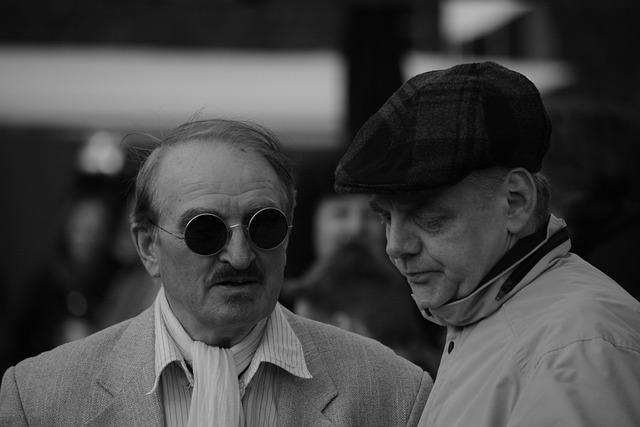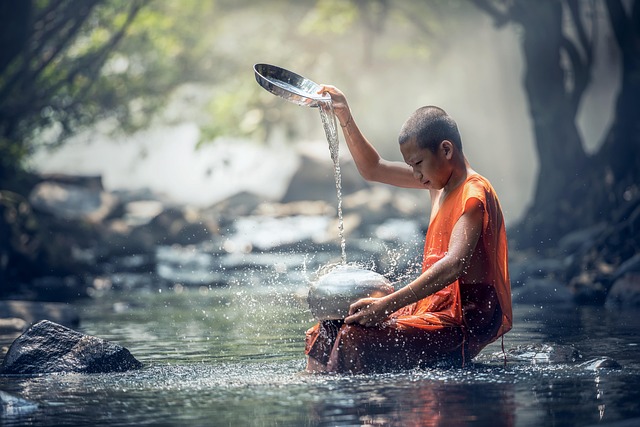Rap music has always been more than just a form of entertainment; it serves as a platform for expression, debate, and reflection on society’s complexities. This vibrant genre goes beyond mere rhythms and rhymes—it delves into the heart of cultural narratives, and in this interplay, heated debates often emerge. Whether discussing lyrical content or the societal repercussions of beats and hooks, the discourse surrounding rap music is as dynamic as the genre itself.
One of the most significant debates in rap music culture revolves around authenticity. With the rise of commercialized rap, many argue that mainstream artists often distance themselves from the gritty realities that gave rise to the genre. Purists contend that real rap should reflect the struggles and triumphs of everyday life. They debate whether artists who don’t live these realities can truly represent the culture, leading to discussions about who gets to tell these stories and how they should be told.
Another crucial topic within the debates of rap music culture involves gender representation. Historically, rap has been dominated by male voices, leading to a landscape where female artists often face scrutiny not only for their lyrical content but also for their portrayals of femininity. Debates often focus on whether female rappers are empowered voices in their own right or merely conforming to a male gaze in their delivery. These dialogues highlight the need for diversity within rap and raise the question of how women’s experiences are depicted—or overlooked—in the music industry.
Moreover, the celebration of parties and good times in rap also invites its share of discussions. Songs that center around partying, drinking, and living large may seem frivolous, but for many, they act as an escape from harsh realities. The debate here extends to the accountability of artists: should rappers be held responsible for promoting a lifestyle that can lead to destructive behavior? Or is it valid to enjoy music purely for its entertainment value, regardless of the messages it might convey? This duality in rap culture opens up a broader conversation about the role of art in reflecting versus shaping societal norms.
As fans navigate these debates, the musical genres intertwined with rap, such as trap, drill, and conscious rap, reflect the evolving conversations within the art form. Each sub-genre often tackles different aspects of culture and identity, offering new lenses through which to view familiar themes. The debates might center around the authenticity found in these sub-genres or how they reflect and shape social issues ranging from poverty to racial injustice.
Ultimately, the power of lyrics lies in their ability to spark conversations that resonate far beyond the music itself. Each bar and hook can ignite passionate discussions, enlightening listeners on topics they may never have considered otherwise. In the world of rap, lyrics become a space for the exploration of complex themes, making the debates not just part of the music culture but essential components of its lifeblood. This intersection of music and dialogue underscores the importance of understanding and engaging with the content beyond the catchy beats—paving the way for a deeper appreciation of the genre as a whole.




